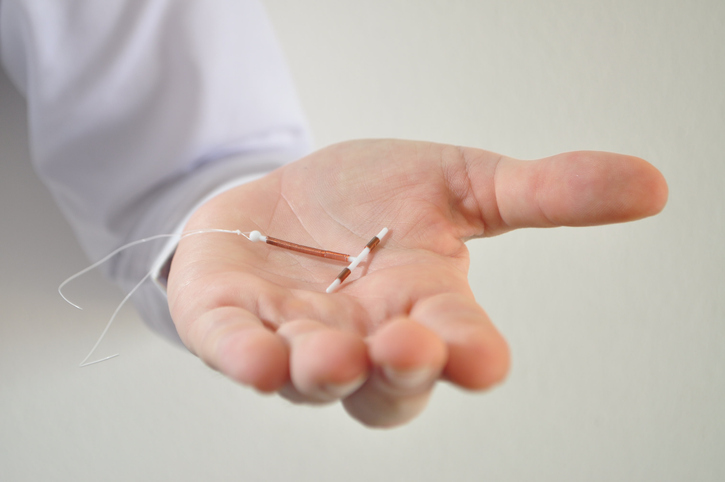
Many of the Paragard complications reported are associated with removal of the device. According to the manufacturer, removal of Paragard devices is nonsurgical and can be performed during regular gynecological visits—the process should take about 5 minutes. However, the device has been known to break while being removed, leaving fragments of the device left inside the body and requiring sometimes extremely invasive procedures to remove. Fracturing of the Paragard device while it is implanted is also possible, which would require similarly invasive procedures to remove. According to the FAERS, the FDA’s Adverse Events Reporting System, there have been over 3,000 reports of Paragard breakage since 2013, with almost 2,000 of those deemed serious events. As of 2021, Paragard is still on the market.
Reported injuries related to Paragard include:
Paragard was initially manufactured by Teva Pharmaceuticals, an Israeli-American multinational pharmaceutical company. First appearing in 1984, the Copper T 380A was approved via NDA, the FDA’s New Drug Application. Often called a medical device but regulated as a drug, Paragard was initially approved for up to four years of continuous usage. By 1994, after additional research and data on the drug’s effectiveness, it was approved for continuous usage up to 10 years. This is the longest-lasting contraceptive available, at two times longer than the longest-lasting hormonal IUD. In November 2017, Paragard was acquired by The Cooper Companies, a global medical device company, for approximately $1.1 billion.
Lawsuits have been filed against both Teva Pharmaceuticals and The Cooper Companies, alleging that the Paragard IUD is defective because of both a design defect and a manufacturing defect, and, that Teva Pharmaceuticals and The Cooper Companies failed to effectively warn the public and patients about the dangers of suing this product.
Lawsuits being filed remain as individual claims, and are being consolidated into a multi-district litigation (MDL) in the Northern District of Georgia (NDGA), as well as in the Philadelphia Court of Common Pleas (PCCP).
The attorneys at Wilentz, Goldman & Spitzer, P.A. have extensive experience in advocating for victims of medical device injury and product liability, and are prepared to hold Teva Pharmaceuticals and The Cooper Companies accountable for these preventable injuries. We believe that the women who have suffered as a result of this negligence deserve substantial compensation. If you or someone you know have recently suffered injuries as a result of the Paragard IUD, contact Wilentz for a free consultation to determine your eligibility.
Kevin M. Berry
Shareholder
Joseph Carlo
Associate
Angelo J. Cifaldi
Shareholder
Joshua S. Kincannon
Shareholder
Lynne M. Kizis
Shareholder
Kseniya Lezhnev
Associate
Daniel C. Lipner
Associate
Philip A. Tortoreti
Shareholder
Lynne M. Kizis
Co-Chair, Mass Tort/Class Action Team
Shareholder